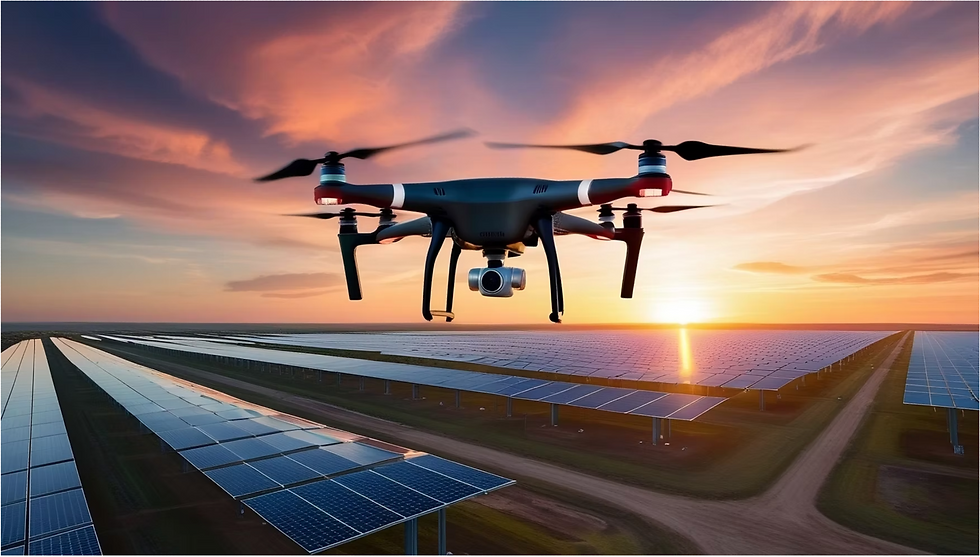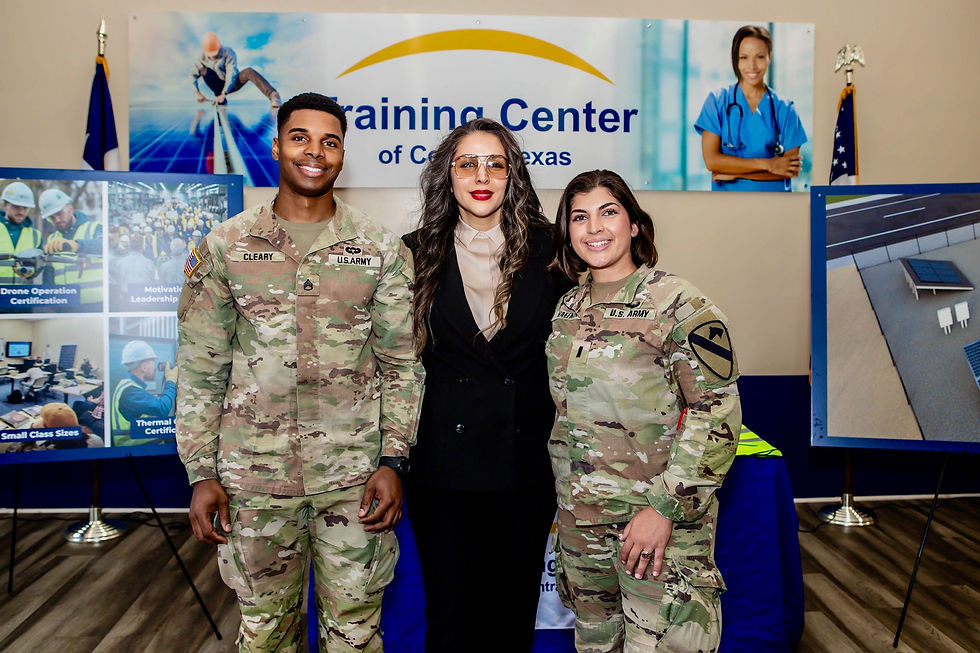From Reaction to Prevention — AI-Powered Patient Monitoring in CMA-AI Training
- Saran Lotfollahzadeh

- Apr 29
- 2 min read

Seeing the Emergency before It Happens
There was a time when clinical care was largely reactive—waiting for a patient to decline before intervening. However, what if we could change that paradigm? What if our care teams had the ability to predict deterioration before the crisis?
At CMA-AI at the Training Center of the Central Texas, this is not a distant future—it is a part of our training curriculum today. With AI-driven patient monitoring systems, our students are learning to spot warning signs, interpret intelligent dashboards, and act as early responders within the care team.
Empowering Action through AI
AI-enhanced monitoring tools analyze trends in vital signs, lab data, and behavioral indicators to highlight patterns invisible to the human eye. Our program trains assistants to:
Engage with predictive dashboards in real time
Communicate flagged risks effectively to the care team
Support rapid intervention protocols to prevent escalation
This shift from passive monitoring to active clinical surveillance turns assistants into valuable contributors in safeguarding patient outcomes.
Why It Matters: Time Saves Lives
Every minute matters in acute care settings. The earlier we detect physiological changes, the more options we have to intervene effectively. AI does not replace clinical judgment—it augments it.
That is why we emphasize hands-on simulation and workflow training: so students not only understand how the technology works, but also how to use it within a fast-paced healthcare team.
Tomorrow is Training, Today
By integrating AI-driven patient monitoring into our CMA-AI curriculum, we are doing more than teaching technology. We are preparing future clinical assistants to be proactive, analytical, and team-oriented contributors to modern healthcare systems.
Because prevention, powered by knowledge and technology, is the new standard of care.
By Saran Lotfollahzadeh, MD, MSCR Candidate
MD, General Surgeon, Pediatric Surgery Sub-Specialist
MSCR Candidate
AHA Cardio-Oncology SFRN Fellow
Medical Director, CMA-AI Training Center of Central Texas
Instructor in Medicine



Comments